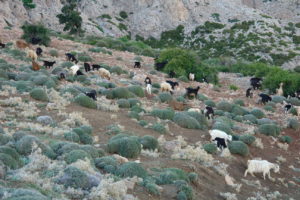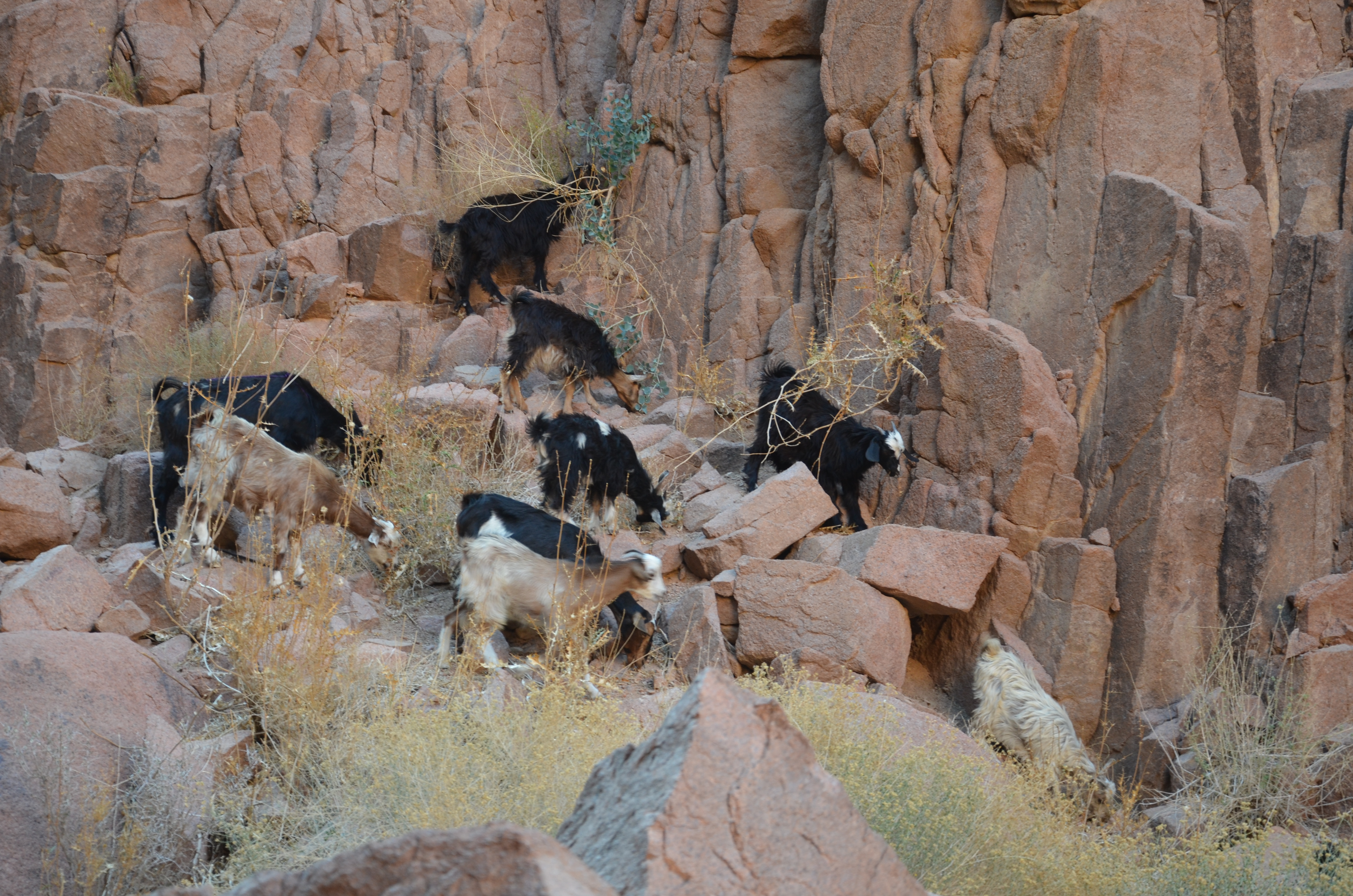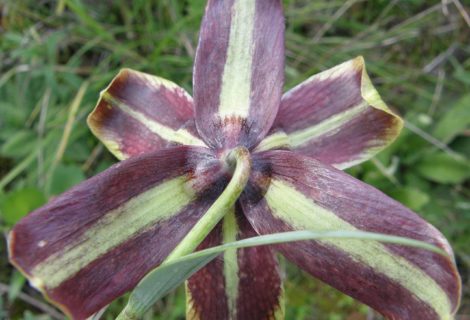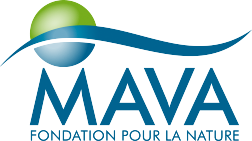Pastoralism as a key tool for plant conservation: Creating conditions for adequate practices
More than 30 scientists and managers from Turkey, North Africa and the Middle East are participating this week, from 9-12 October, in Kahramanmaraş (Turkey), in a workshop on pastoral management in order to exchange experiences and lessons learnt across the region.
The three-day workshop is meant to address the impact of pastoralism on plant conservation and to suggest solutions suitable to the Mediterranean region. Formal presentations, discussions, and a visit to the Kahramanmaraş area, where conservationists and local authorities have engaged in a positive collaboration to improve the factors surrounding their Important Plant Areas, are foreseen during this week.
The disruption of traditional pastoralist practices in the last century has caused the decline of many plant species, both in terms of overgrazing and abandonment. Experts will look at these issues and factors that can constrain proper policy application and the tools to overcome them, and in particular, at how to reduce grazing pressure in Important Plant Areas across the region.
This workshop entitled “Pastoralism as a key tool for plant conservation: creating conditions for adequate practice” is organised by Rubicon Foundation in collaboration with IUCN-Med and Kahramanmaraş Sütçü İmam University in the framework of the IPA-Med project.

Photos: Karim Omar. Grazing at IPA St. Cahterine (Egypt) and IUCN. Grazing at Jbel Tichoukt (Morocco)






Recent Comments